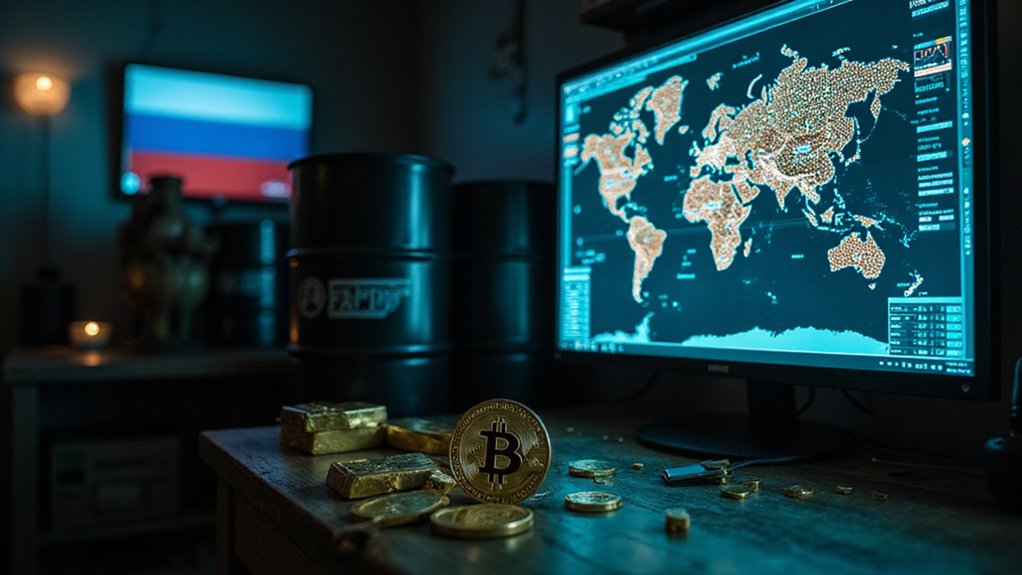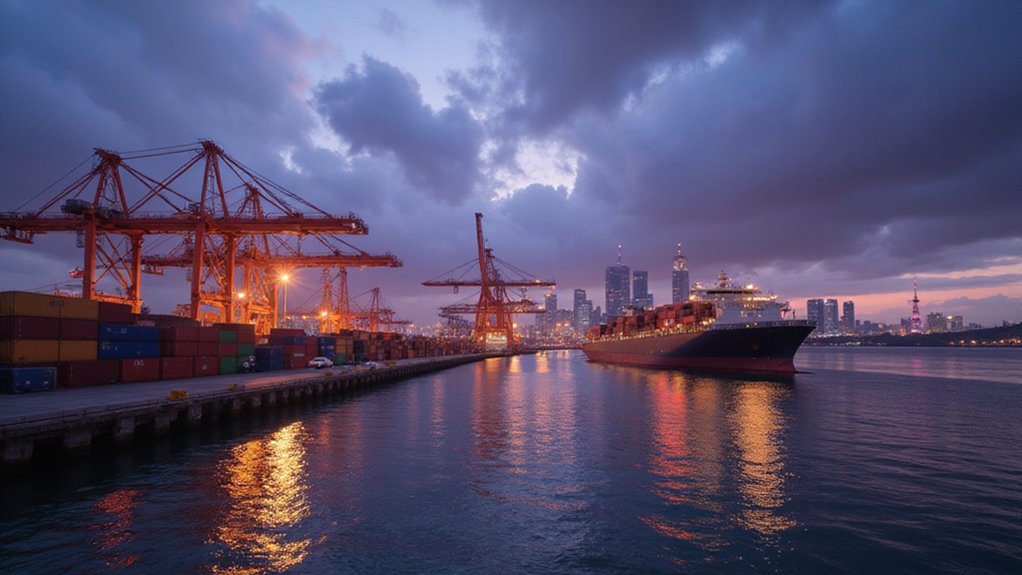As Western sanctions continue to pressure Russia's economy, the nation has quietly developed a two-pronged strategy for cryptocurrency adoption that combines strict domestic regulation with tactical international deployment. The country has established a three-year experimental legal regime for crypto trading, limiting participation to "particularly qualified" investors with high net worth, while imposing penalties for transactions conducted outside this framework and maintaining a ban on crypto for retail payments.
This controlled domestic approach stands in stark contrast to Russia's international crypto activities, where the country has begun using bitcoin, ether, and stablecoins to facilitate oil transactions. These digital assets serve as a bridge for converting Chinese yuan and Indian rupees to rubles, effectively circumventing Western financial restrictions. The decentralized nature of cryptocurrencies makes them particularly resistant to control by sanctioning bodies. This mirrors the same appeal that has driven institutional adoption of cryptocurrencies globally, with legitimacy bolstered by major financial players entering the market. While still representing a small portion of Russia's $192 billion oil trade, crypto-based transactions have reached tens of millions of dollars monthly.
The motivation behind this strategy is multifaceted, with sanctions evasion being a primary driver. By reducing dependence on the U.S. dollar and traditional banking channels, Russia maintains crucial trade relationships, particularly with BRICS nations. Payment delays caused by sanctions have accelerated interest in alternative settlement methods, with Russian oil companies leading adoption efforts. Despite earlier interest in adding Bitcoin to national reserves, the government ultimately chose a traditional reserve structure dominated by gold and yuan for stability.
Russia's Central Bank has significantly softened its stance on cryptocurrency, while the Ministry of Finance has proposed a controlled framework for its use. President Putin himself has endorsed crypto for international payments, signaling high-level support for this approach. Meanwhile, the U.S. expiration of General License 8L has further complicated Russian energy trade through conventional channels.
This strategy faces significant challenges, including cryptocurrency volatility, regulatory scrutiny, and cybersecurity concerns. The infrastructure's limited scalability also presents obstacles for large-volume trade settlements.
Nevertheless, Russia appears committed to expanding crypto use in international commerce, potentially developing the BRICS Pay digital currency for commodities trading. This evolving approach may ultimately influence global financial systems, creating new tensions between technological innovation and sanctions enforcement.





